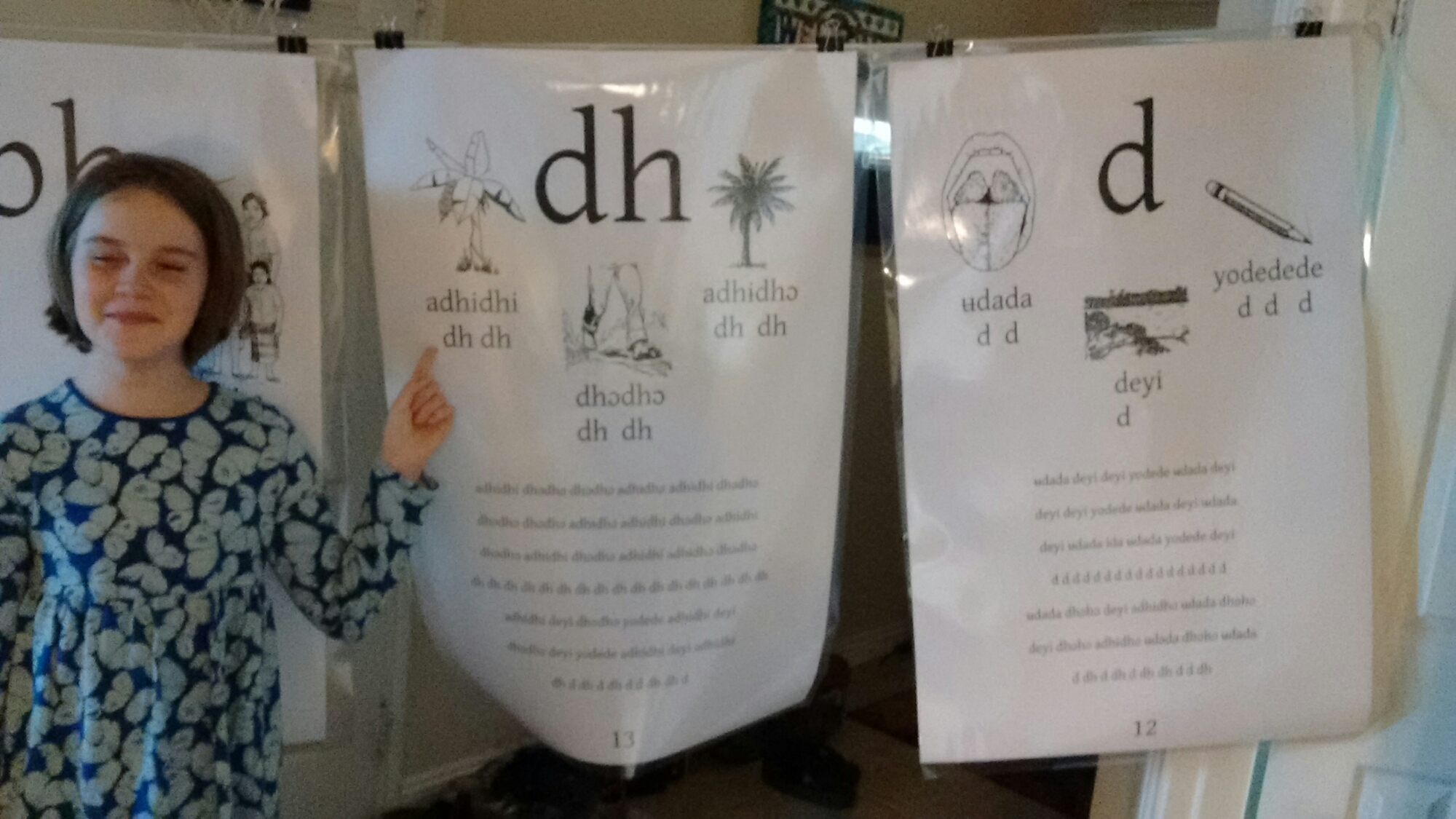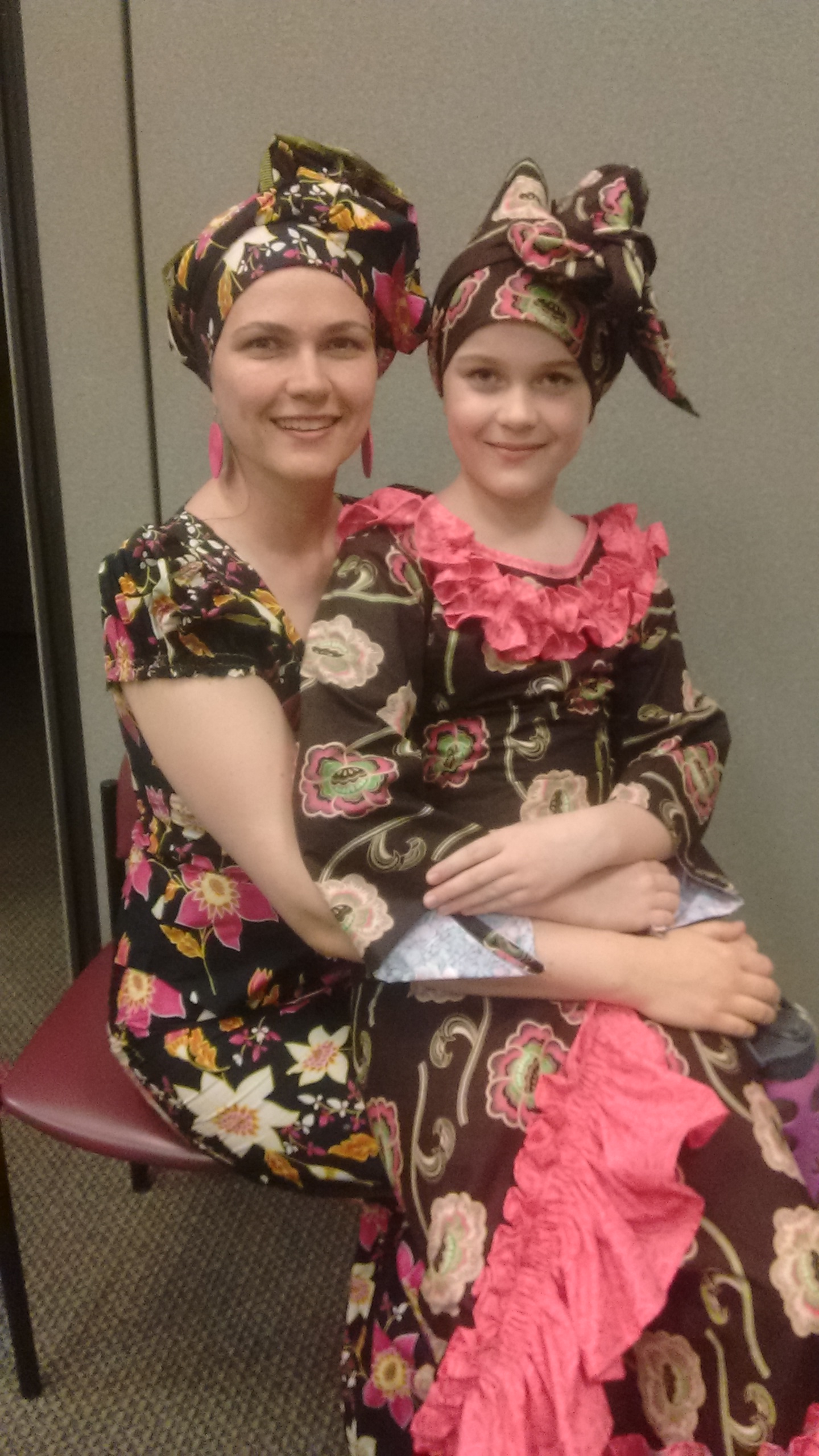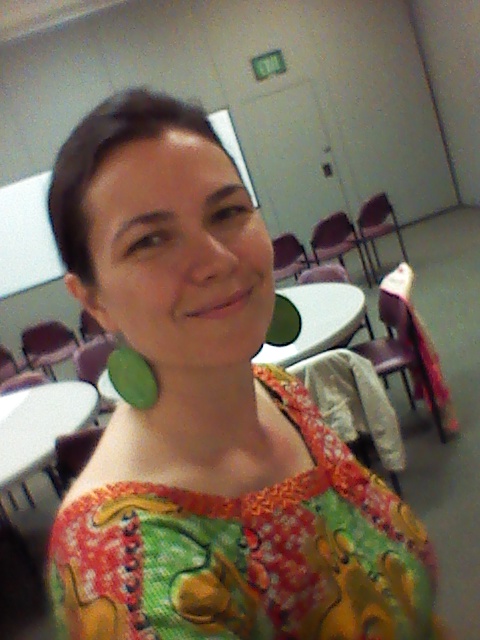Apparently a UN embargo on arms entering the DRC (except for purchases by the government) was renewed this week. But it didn’t limit itself to arms; it also includes two paragraphs on elections ((“Stressing the crucial importance of a peaceful and credible electoral cycle, in accordance with the Constitution, for stabilization and consolidation of constitutional democracy in the DRC, expressing deep concern at increased restrictions of the political space in the DRC, in particular recent arrests and detention of members of the political opposition and of civil society, as well as restrictions of fundamental freedoms, such as the freedom of expression and opinion, and recalling the need for an open, inclusive and peaceful political dialogue among all stakeholders focused on the holding of elections, while ensuring the protection of fundamental freedoms and human rights, paving the way for peaceful, credible, inclusive, transparent and timely elections in the DRC, particularly presidential and legislative elections by November 2016, in accordance with the Constitution, while respecting the African Charter on Democracy, Elections and Governance,“20.))((Urges the Government of the DRC, as well as all relevant parties to ensure an environment conducive to a free, fair, credible, inclusive, transparent, peaceful and timely electoral process, in accordance with the Congolese Constitution, and recalls paragraphs 7, 8, 9 and 10 of resolution 2277 (2016);)).
About the same time, we have this site telling us “After issuing a warning in May that it would impose sanctions against the Democratic Republic of Congo (DRC), the US has acted.” This is a specific sanction against the police chief of the capital city, such that “all assets belonging to [him] are frozen and Americans are barred from doing any business with him.” I have not been able to find the text of the sanction, but it is confirmed here, with nearly identical wording (so one is probably the source of the other).
If there is any question that the DRC is taking this as a serious criticism of the country leadership as a whole, the ambassador made an official statement to that effect.
Anyway, maybe that’s why I haven’t gotten my visa…
DRC STATEMENT ON RECENT U.S. SANCTIONS
WASHINGTON—JUNE 23, 2016—The Democratic Republic of the Congo (DRC) today released the following statement regarding the recently announced sanctions imposed by the United States.
“The DRC condemns the action taken today by the U.S. Government. It is an infringement on our sovereignty and will undermine bilateral relations. It will also embolden those who seek to divide our nation and impede our democratic processes,” said Ambassador Barnabé Kikaya Bin Karubi, Diplomatic Advisor to President Joseph Kabila.
“As the DRC confronts important political, economic and security challenges, we welcome the support of international partners. Our efforts to organize elections in particular will benefit from encouragement by those interested in a free, fair, transparent and peaceful process, as we have seen from certain international organizations to date.
“Despite this decision by the Obama Administration, our efforts to engage and work with foreign partners continues. Ambassador Barnabé Kikaya Bin Karubi is in Washington, DC this week to consult with U.S. policy makers regarding the actions by our government to advance both a national dialogue and the electoral process.
“We continue to pursue consensus through dialogue, but also have taken actions that have enabled the Independent National Electoral Commission (CENI) to continue to prepare for elections, including the allocation of funds to facilitate the identification and registration of Congolese voters for upcoming elections.”
For more information, please contact:


